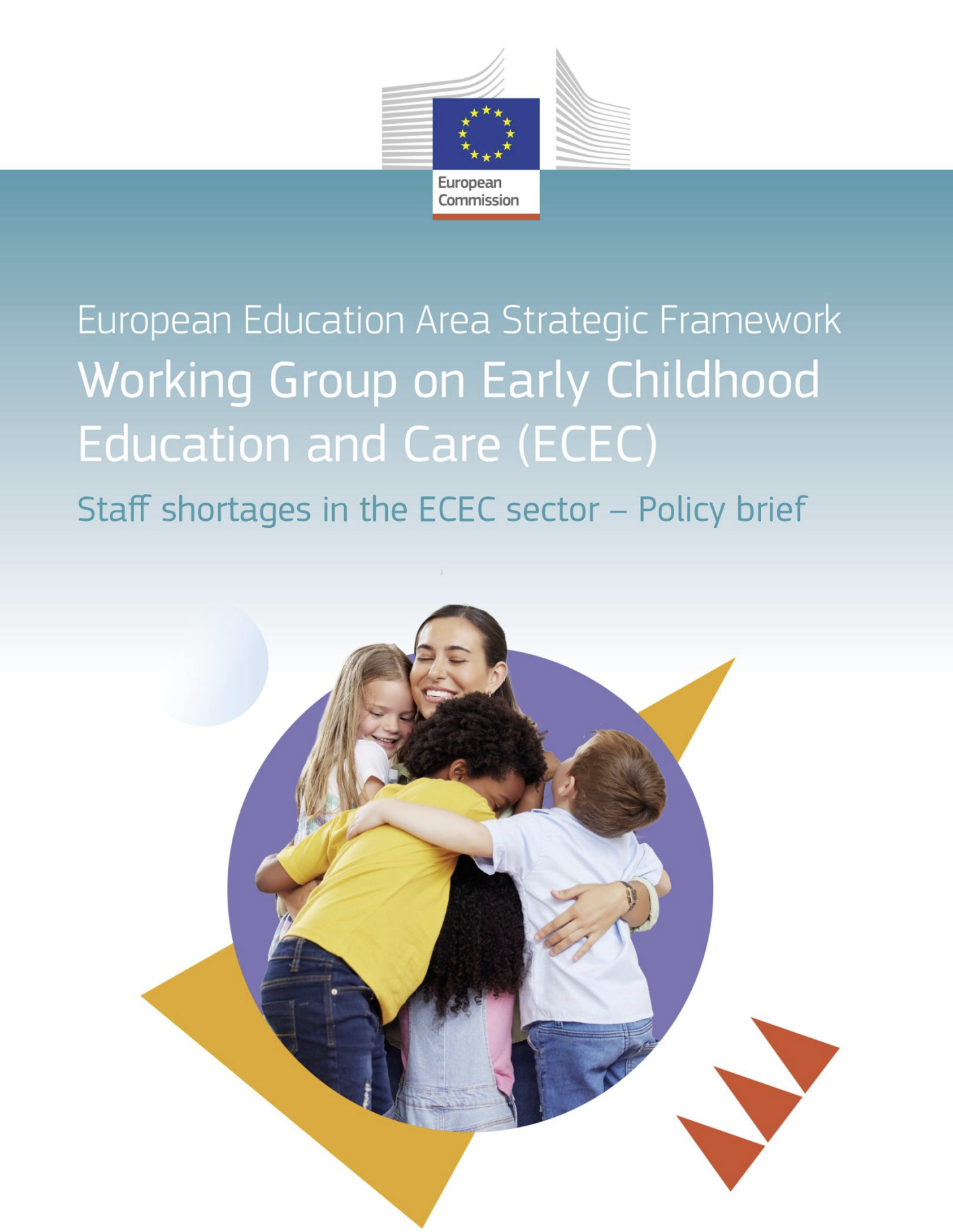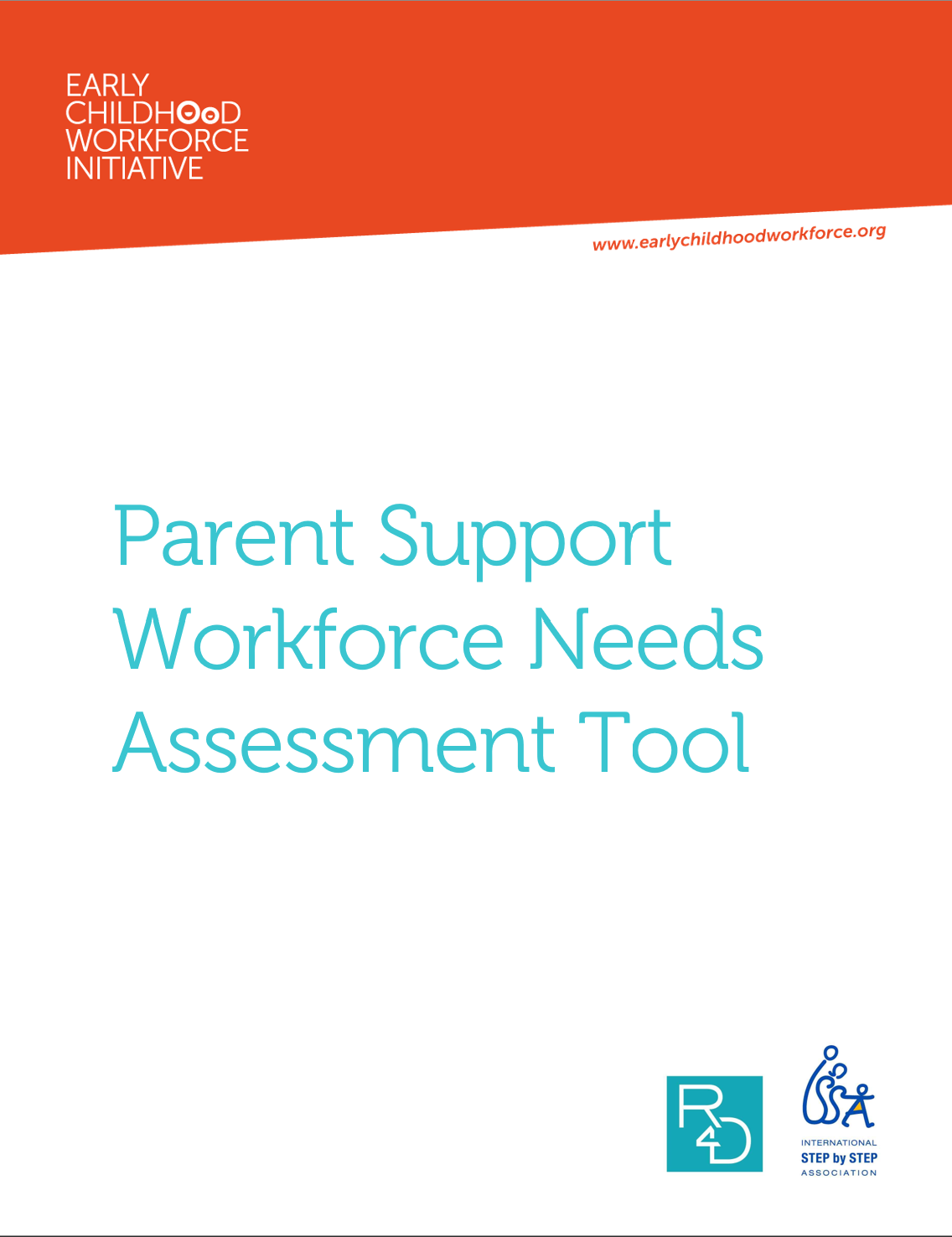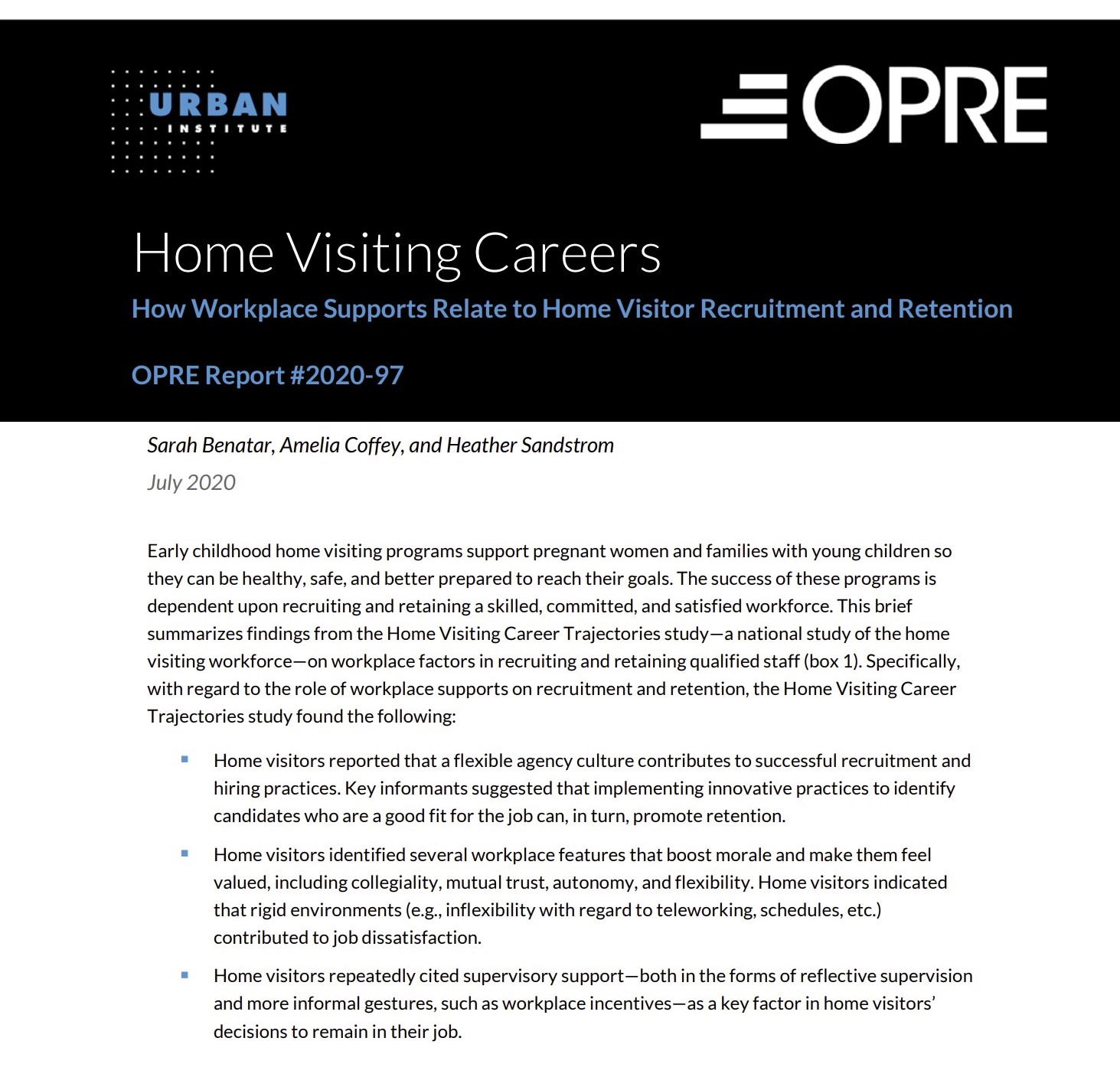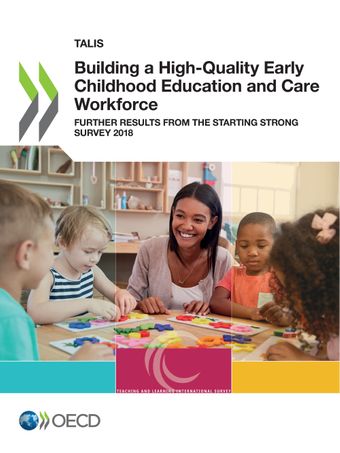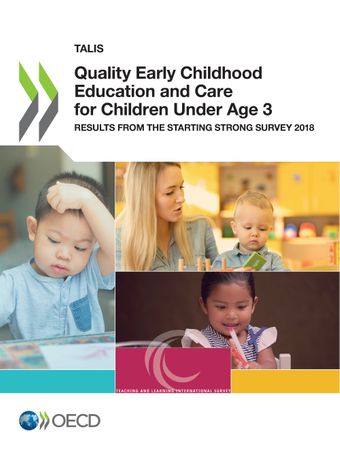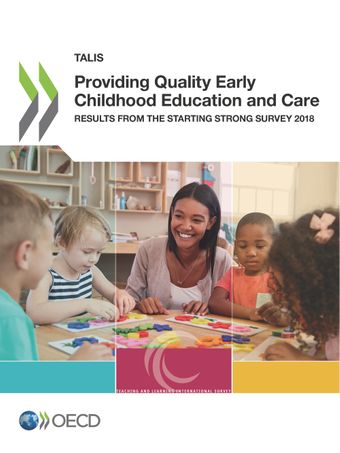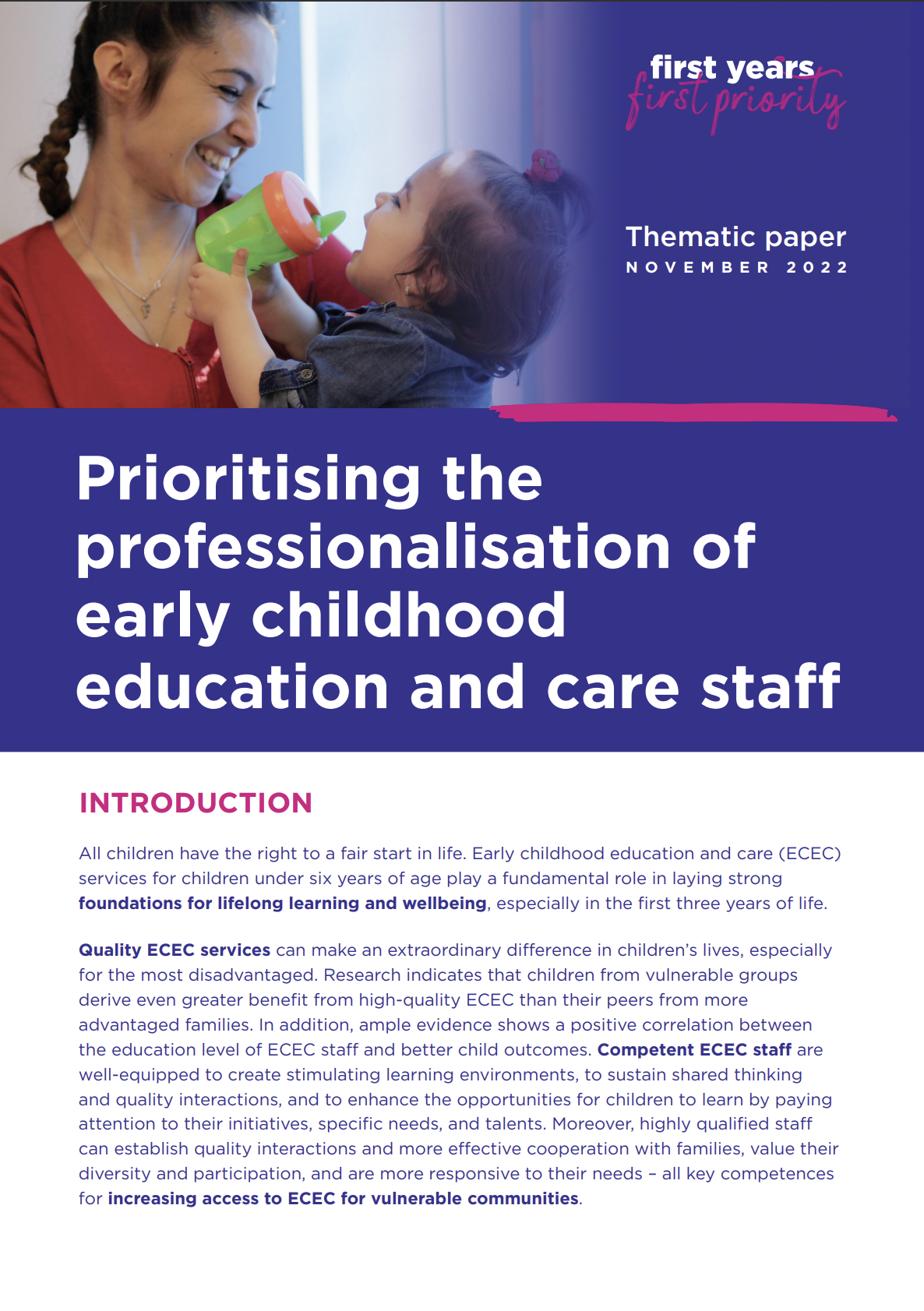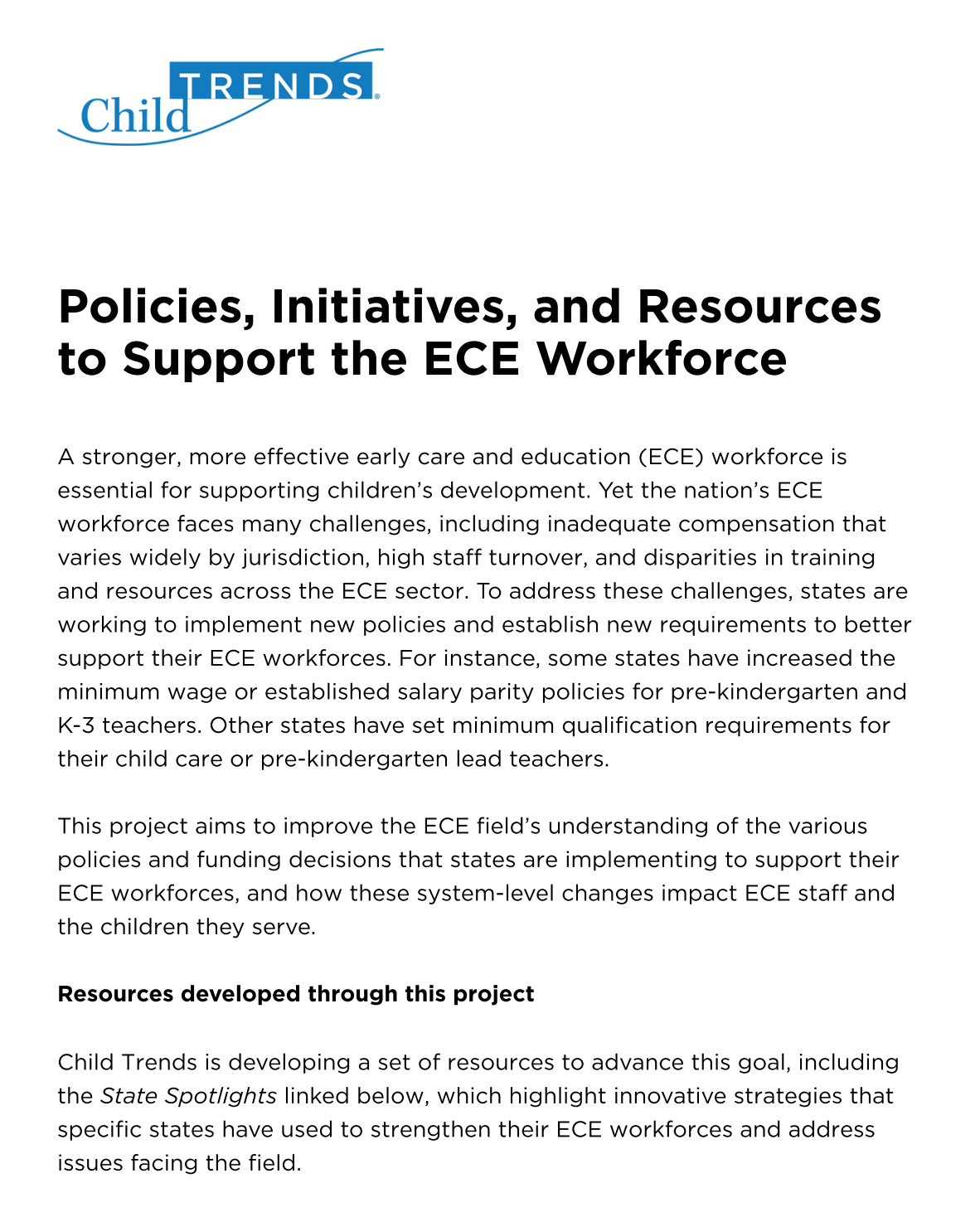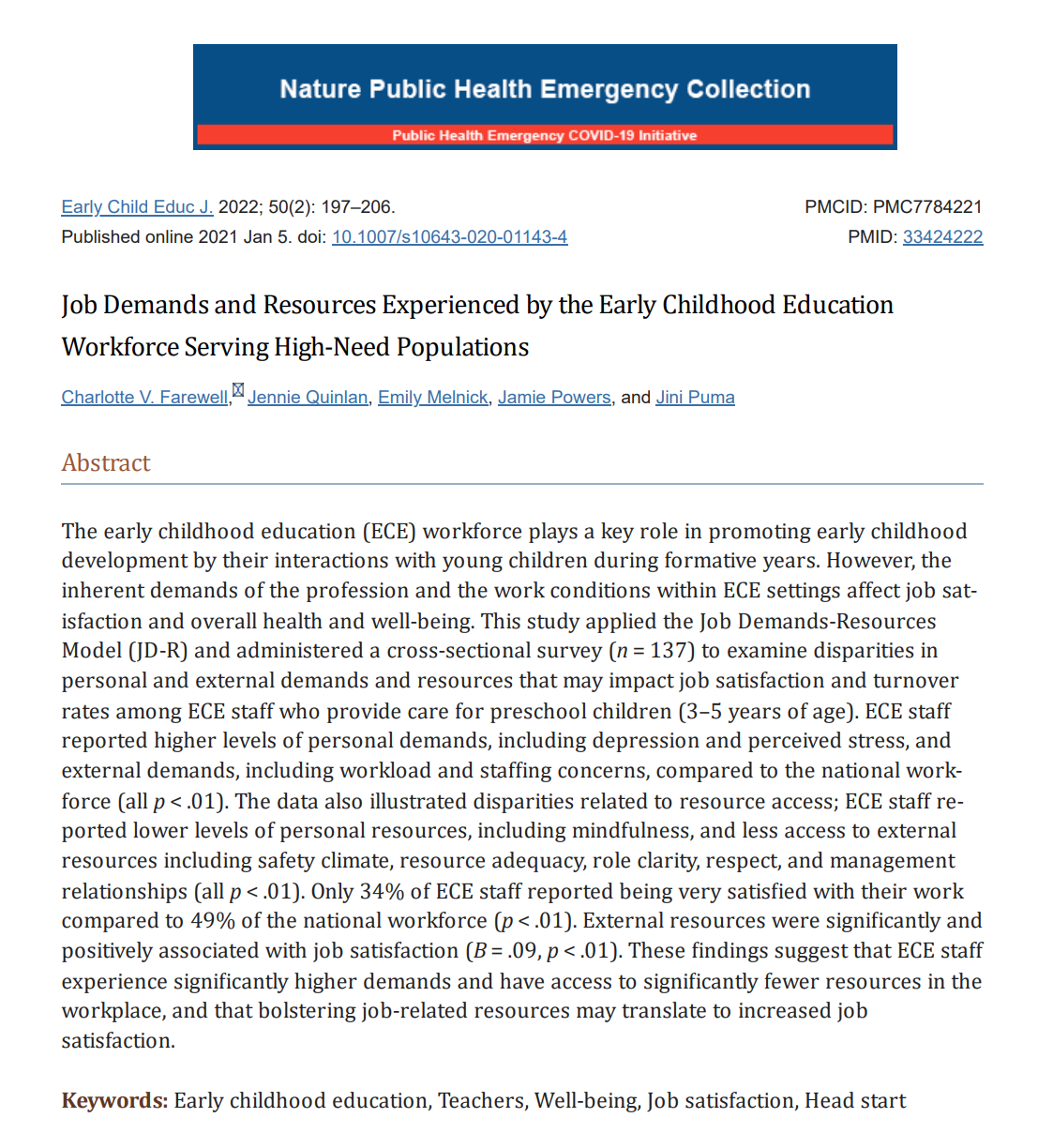Review of the ILO Policy Guidelines on the Promotion of Decent Work for ECE Personnel
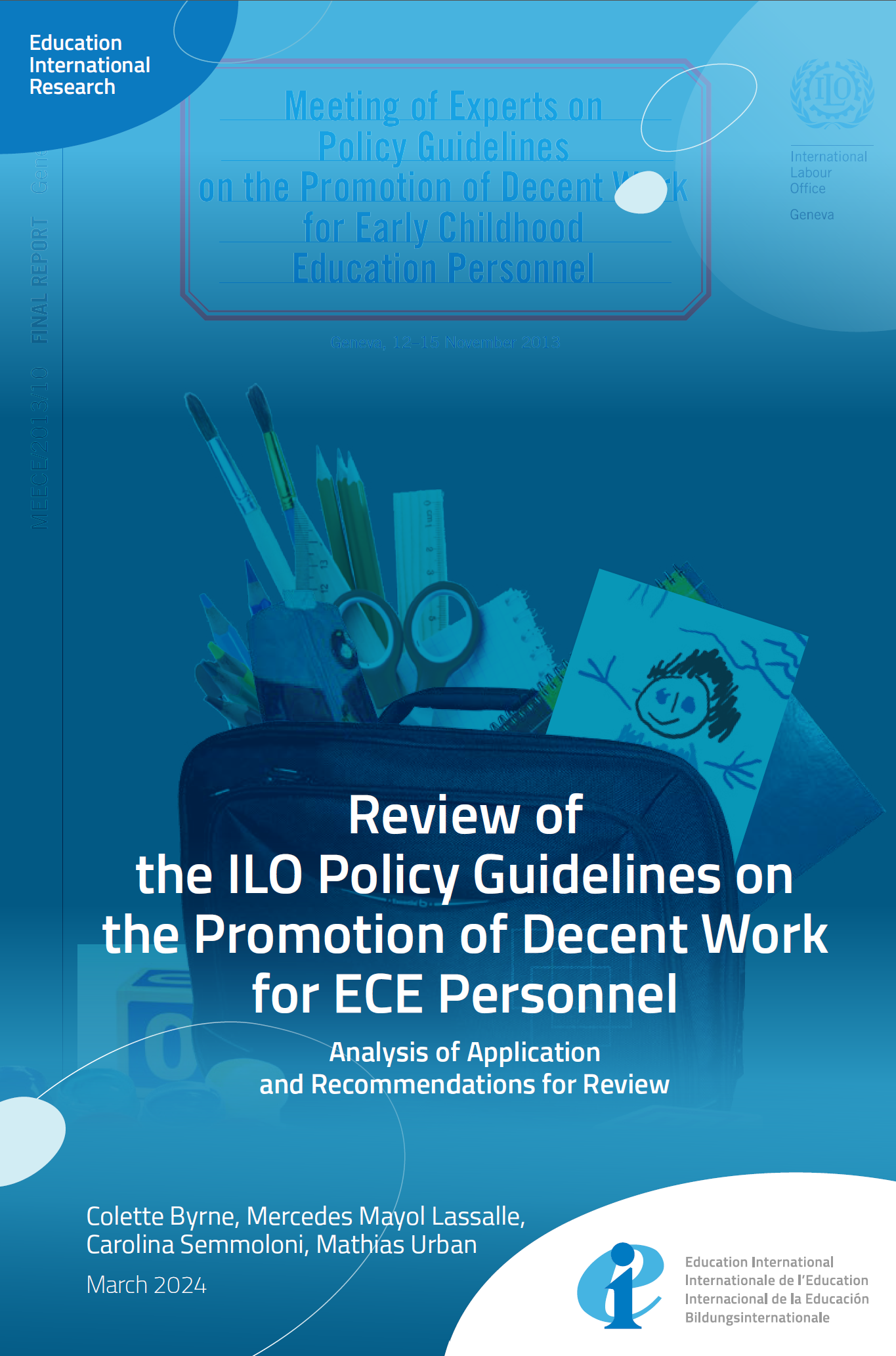
This report offers an analysis of the application of the ILO (2014) Policy Guidelines on the Promotion of Decent Work for ECE Personnel and provides recommendations for review. It addresses key themes, including the voluntary nature of a commitment level among state and non-state stakeholders, challenges in holding governments accountable without legal obligations, and the difficulties in establishing a standardised and workable monitoring framework.
The report highlights the significance of the ILO Guidelines in promoting decent work for Early Childhood Personnel (ECP), while acknowledging the need to address challenges to ensure universal implementation and accountability. The research emphasizes the ongoing global efforts to assess and advance the progress of the ILO Guidelines by Education International, which aligns with the 10th anniversary of promoting decent work for ECP.
Authors: Publication:Education International
Year of Publication:2024
Download

